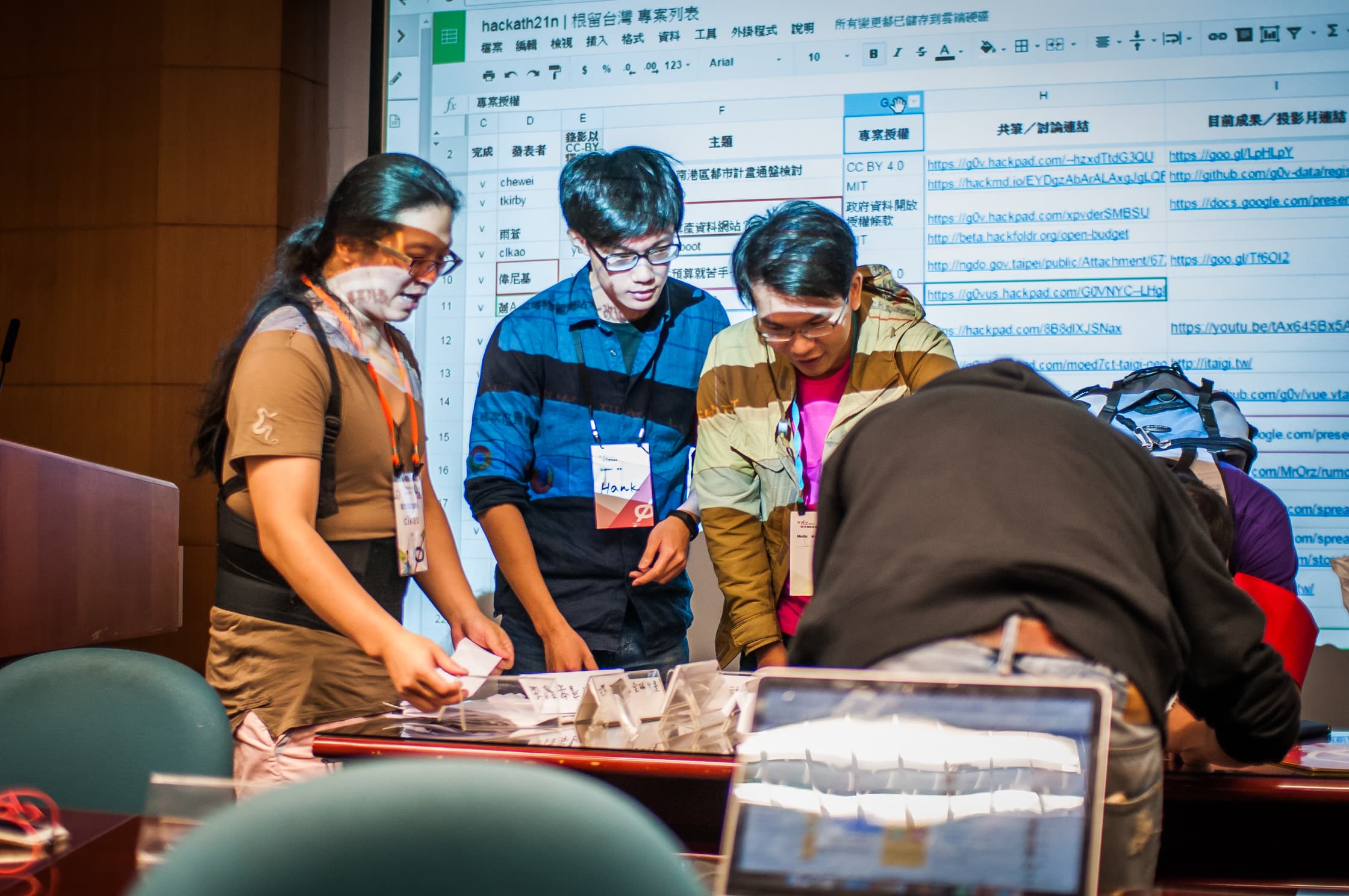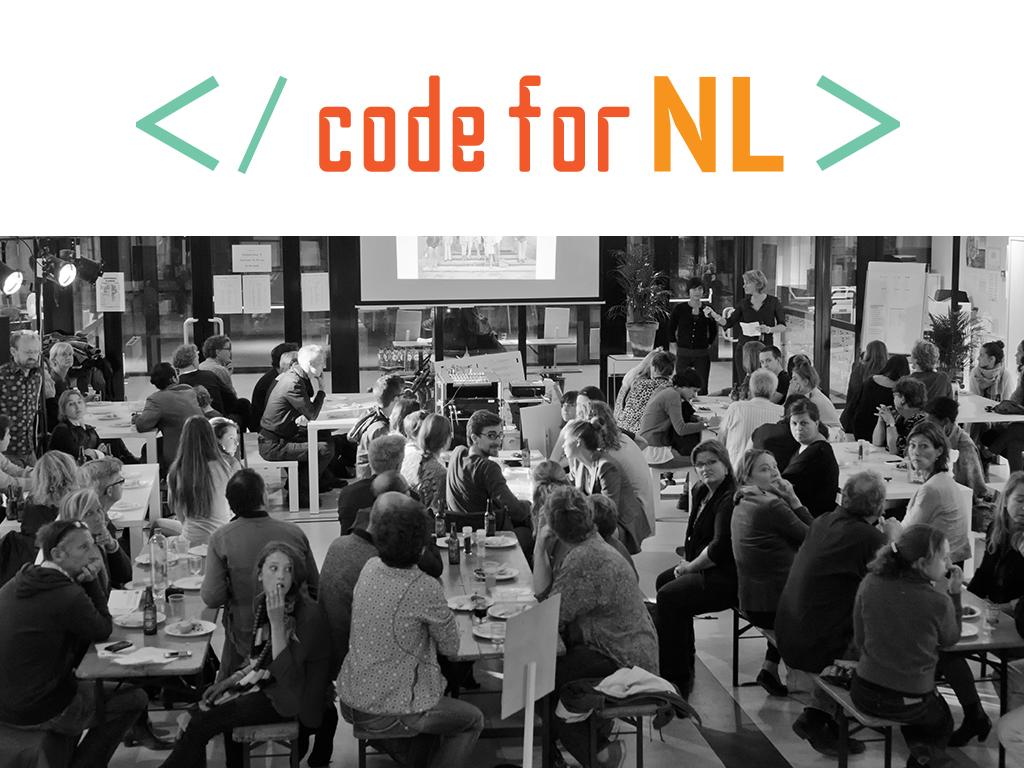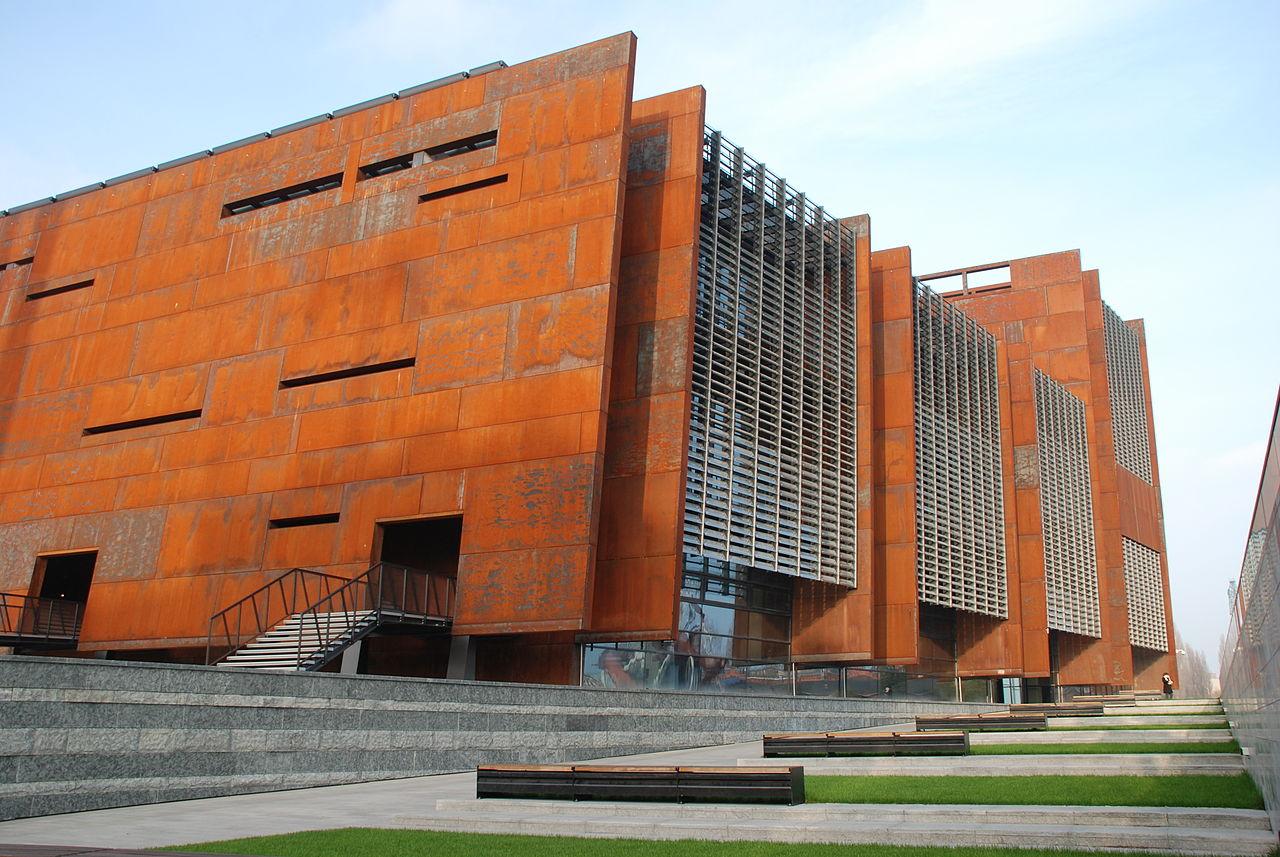Taiwan is an innovator in the field of public participation and renewing the relationship between citizens and the government. On my trip to Taiwan to attend the Civic Tech Fest organized by local volunteer open data activist organization g0v and to represent Code for NL at the Code For All Summit, I learned about how Taiwan is leading the way in citizen participation in the political process. Through platforms such as vTaiwan and Pol.is, the democracy of Taiwan is starting to make moves towards becoming one of the first liquid democracies in the world. This development did not happen out of nowhere.
In the spring of 2014, the student led Sunflower movement in Taiwan protested the governments proposed trade agreement with China, that would create new legislation to liberalize trade rules between the two entities. The movement driven by students and civic organizations argued that the agreement would hurt Taiwan's economy and give Beijing a bigger influence on the local government, decreasing the independence of the island.
In a unique move by the Taiwanese government, they created efforts to increase civic participation and stimulate stakeholder involvement to deal with the issues raised by the movement. Independent Minister without Portfolio at the time, Jaclyn Tsai, collaborated with civic hacker group g0v to create vTaiwan, an open source participation platform for stakeholder discussion and agenda setting. The platform uses questions and discussions to encourage academics, the private sector and citizens to participate in actual conferences which are streamed live over videoconferencing. Each Ministry is responsible to answer posts in the discussion forum of vTaiwan to collect opinions, thereby improving the quality of policy formation and amendment of existing law, as well as making the implementation of laws and regulations much more responsive and efficient. Combined with artificial-intelligence facilitated conversation tool Pol.is, this led to increased public participation and more deliberated decision making.
During my visit I had the pleasure to talk to former Minister Jaclyn Tsai and speak to her about how these digital tools can improve democracy and how established politicians react to new forms of democratic practices. She illustrated the effects of direct feedback on politicians in debates by giving the following example. During a debate in 2014 involving President Ma, she saw several commenters questioning if the politicians were even looking at the reactions from the people. But she also saw all the politicians looking at the live comments from citizens. The live feedback led to President Ma for the first time directly reacting to the comments in the chat and answering their questions. These direct interactions contributed to an increased dialogue between citizens and politicians building new relationships and trust.
These new ways of communicating between citizens and government resulted in part to the end of the trade agreement. It did not stop there. After the resolved civil unrest, the government continued working with these new tools to negotiate new deals between stakeholders on political issues. Another example Jaclyn Tsai was involved in, using new democratic tools, is the creation of legislation on Uber and taxis in Taiwan. A common problem around the world is how to deal with disruptive services, such as Uber and AirBnb. During the process dealing with this issue, people offered statements for others to agree or disagree on, government ministers addressed the points of consensus on television, and co-facilitators from the government and g0v held mixed-reality stakeholder meetings. Through this extensive stakeholder involvement, common ground was reached and new rules were prioritized resulting in a consensus that pleased all stakeholders and the newly proposed rules were ratified by the government.
G0v and other civic organizations continue to improve these democratic tools from a citizens’ perspective. For example, in new versions people can throw virtual tomatoes and flowers to show their agreement or disagreement during live videos of debates. These developments, driven by using a user centric approach, lead to lower boundaries for citizens to participate in the political process and create increased legitimacy in decision making. However, this can only work combined with institutional change. Luckily, Taiwan also grows on this side of the story. The newly appointed Minister without Portfolio is Audrey Tang, an activist hacker coming from the g0v community and the first transgender minister in Taiwan, is a prime example of this growth. Tang is currently working on the development of free software, for the public to access, and show that the new Taiwanese sharing economy, is in fact a working system. These new developments make Taiwan among the front runners of democracy innovations and I advise everybody interested in the evolution of democracy to follow the developments in Taiwan closely.


